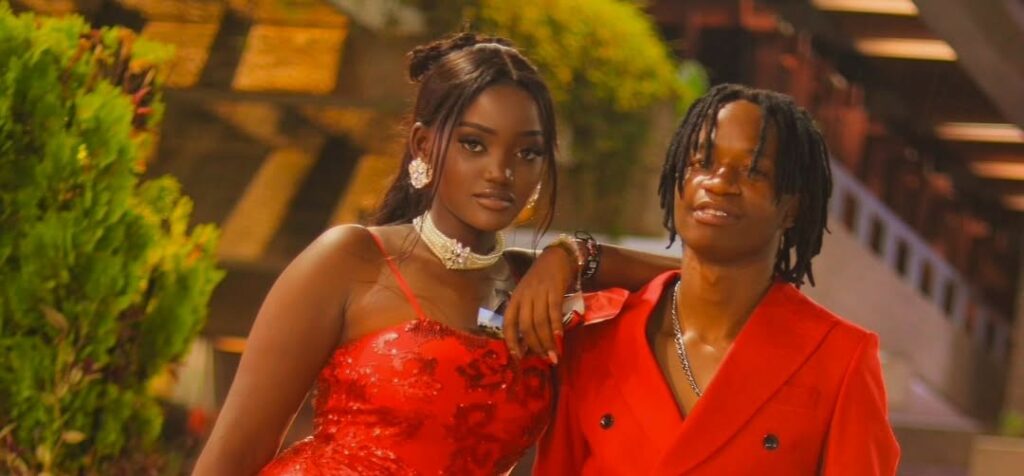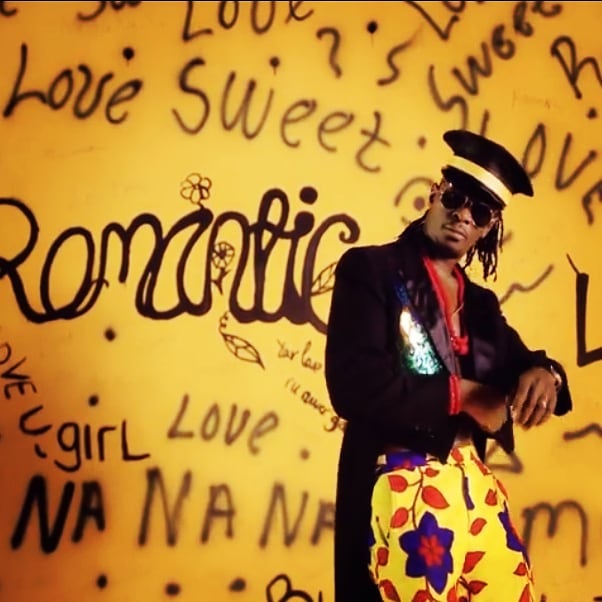RAFIKI FILM
Written by Miss. Nerima on September 24, 2018
They say that Wanuri Kahiu’s film Rafiki is controversial. The KFCB leadership banned it because it was “immoral” and “propagated Western Culture”. So when the court lifted the ban for seven days, I was there for the opening. Sunday, September 23 2018 found me at Prestige Plaza by 09:50h to catch the first public screening of this so called controversial movie. This post shall not contain spoilers, so still your beating heart.
Rafiki is a story about love, family, loyalty, community and leadership. It is largely a story about the Kenyan social fabric, with a special emphasis on the LGBTQIA society. If it were a regular love story, there would never be such hullabaloo about it because it would fit the preferred moral fabric of our beloved nation. The general expectation while watching the film was blatant lesbian sex scenes when in truth, there wasn’t any. I guess that’s a spoiler.
What made the film “controversial”, and I use this term loosely, is the fact that the love story is between two women as opposed to between a man and a woman. Which is very confusing because I thought love is a universal language, and that every human being has the free will to love whoever they choose to love. All Wanuri did was tell a love story in an artistic way and use a less mainstream form of love that threatens the status quo. In my opinion, there really was no need to ban the film in the first place, because the story told by Rafiki is not one we are unaware of.
The film itself checks all the right emotional boxes; through the lives of Kena and Ziki, we see what typical Kenyan experiences on a day to day are like for the common mwananchi. Wanuri draws you in and has you emotionally invested in Kena and Ziki’s lives, and it’s almost impossible for the regular Kenyan to fail at finding a connection between their own lives and those of the cast of the movie. Even when Kena and Ziki are persecuted for their choices in love, there is a striking similarity to how many Kenyans have been persecuted over the same. Whether it’s irregular or regular love, each and every one of us has suffered for it.
It’s a powerful story. A story in many ways shared by Kenyans from all walks of life. Told from the perspective of the minority. That’s the only reason anyone would label Rafiki a controversial movie – because let’s face it, the minority is always considered the exception to the norm. But as any society, Kenyans define their normal and policing it to fit a tailor made fabric may not work, as evidenced by the opening of Rafiki. I suspect the rest of the showings will be as packed as the opening because collectively, we all love a win.






 NRG Radio Uganda
NRG Radio Uganda  NRG JAZZ
NRG JAZZ  NRG MIXOLOGY
NRG MIXOLOGY  NRG RnB
NRG RnB  NRG AFROBEATS
NRG AFROBEATS  NRG GOSPEL
NRG GOSPEL  NRG DANCEHALL
NRG DANCEHALL  CHOICE.RADIO
CHOICE.RADIO  NRG HIPHOP
NRG HIPHOP